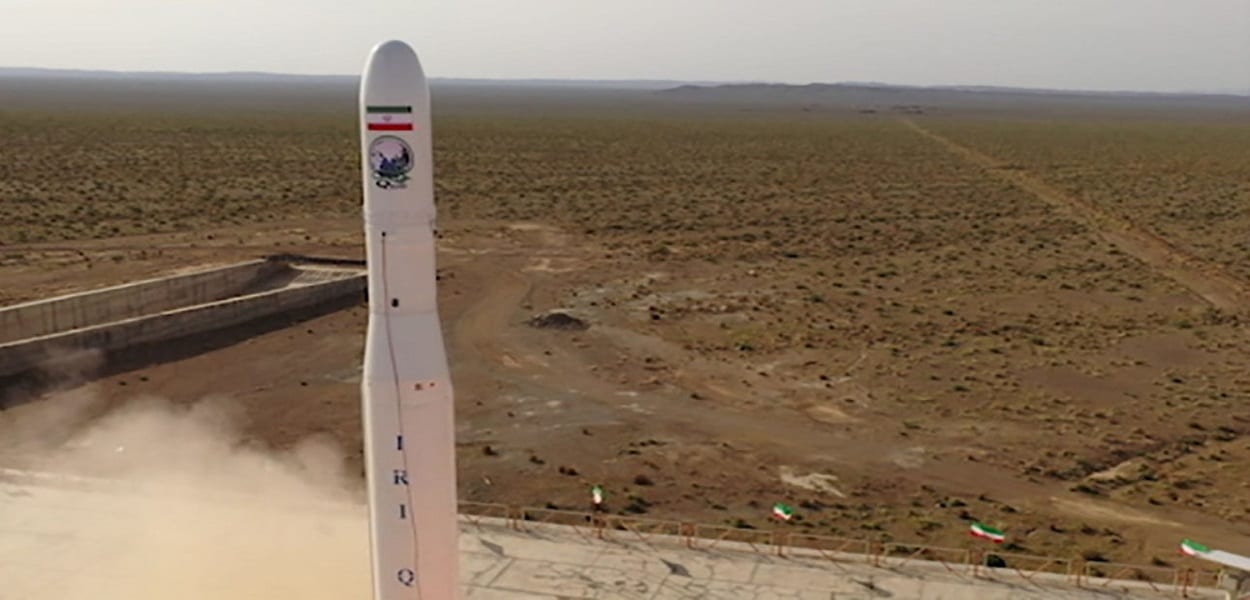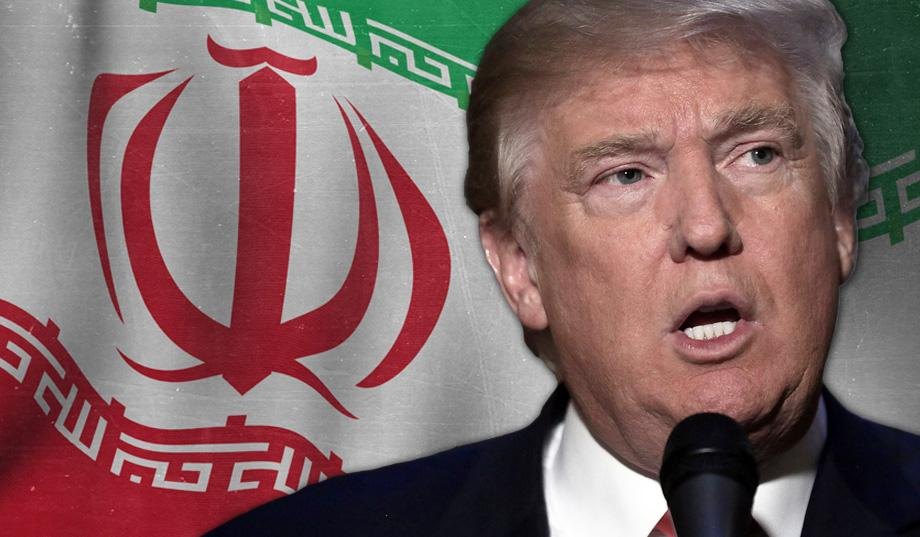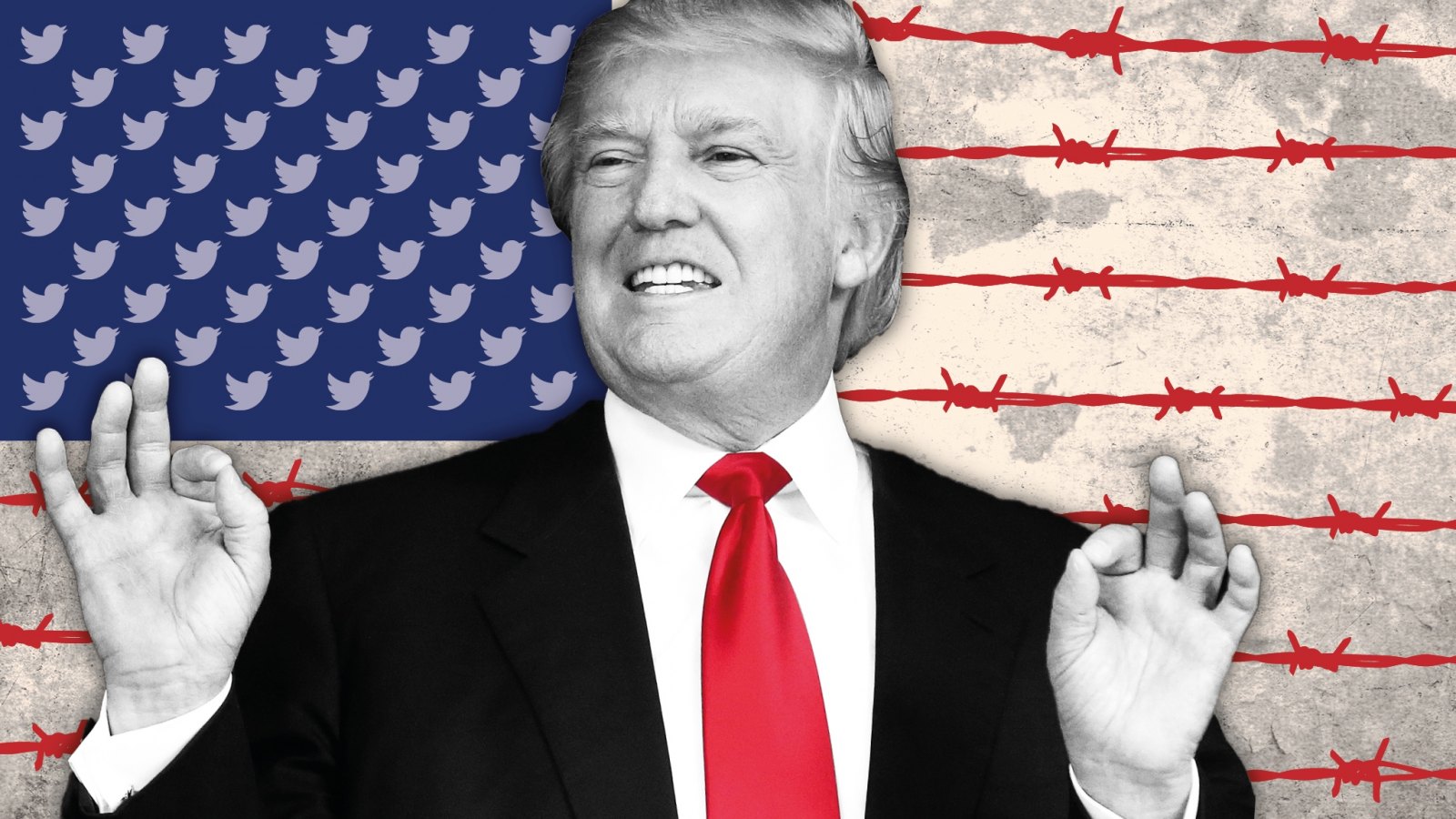Extensive Interaction with the World; Imperatives and Requirements

Yaser Nooralivand
The interaction of the needs and problems of the country with the rapid, complex, and transforming regional and global trends have created a situation that today, without extensive interaction with the outside world, it is impossible to meet those needs and solve the problems of the country.
Improving the economic situation of the country and livelihood of the people, preserving the JCPOA, maintaining Iran’s regional status and influence, confronting the new sanctions of the United States, confronting Iranophobia project, enhancing international prestige and the strategic status of the country are among the most important priorities that reminds the necessity of maintaining constructive interaction with the world.
The attraction of foreign investment depends on extensive and comprehensive engagement with the outside world and with foreign countries and companies to attract investment in the economic fields of the country.
Preserving the JCPOA achievements depends on preserving the JCPOA itself and the latter is dependent on the continuity and development of a policy of extensive engagement with the outside world. The significance of this issue has doubled since the time of Tramp’s presidency and his hostility towards the JCPOA.
The solution to avoid the implications of new sanctions is to prevent braking the gap created between the Trump administration and other members of the P5 + 1 as a result of Iran’s commitment to the JCPOA and consequently preventing the establishment of an international consensus against Iran.
It seems that the US will not manage to do much regarding new sanctions until Iran, through its inclusive and constructive engagement with the international community, and especially its powerful members, prevent the creation of a global consensus.
The emphasis of the foreign policy of the Islamic Republic of Iran on multilateralism not only fosters convergence and closeness to the actors supporting this policy, but also promotes its benefits in a better way in the context of global multilateralism.
Defining diverse target areas in foreign policy and developing relations with different parts of the world, create lots of opportunities and choices in the field of decision-making for the country in times of crisis.
Structural requirements demand that the policy of constructive engagement be developed and coordinated to create desirability in order to meet national interests, both in depth, scope, in practice and approach.
In-depth development means moving from the level of bilateral trade-economic relations towards cooperation, partnerships strategic alliances with different countries and regions around the world. Development in the scope also means moving towards regional balancing in foreign policy and at the same time paying due attention to all parts of the world in the field of the development of relations.
Talking about widespread and constructive engagement with the world, without considering practical requirements such as internal solidarity and having a single voice in foreign policy; employing well-trained diplomats; observing diplomatic standards and international norms; and strengthening economic diplomacy along with prosperous economy would be a hollow slogan, and would lack needed infrastructures for implementation and efficiency.




